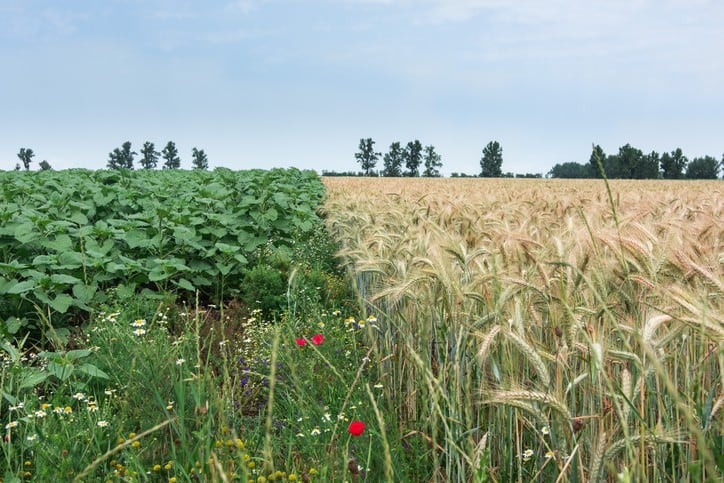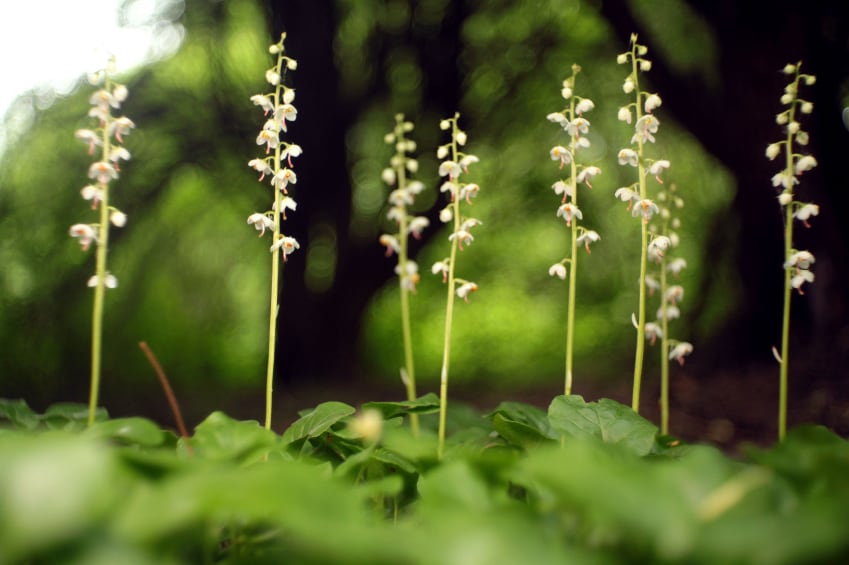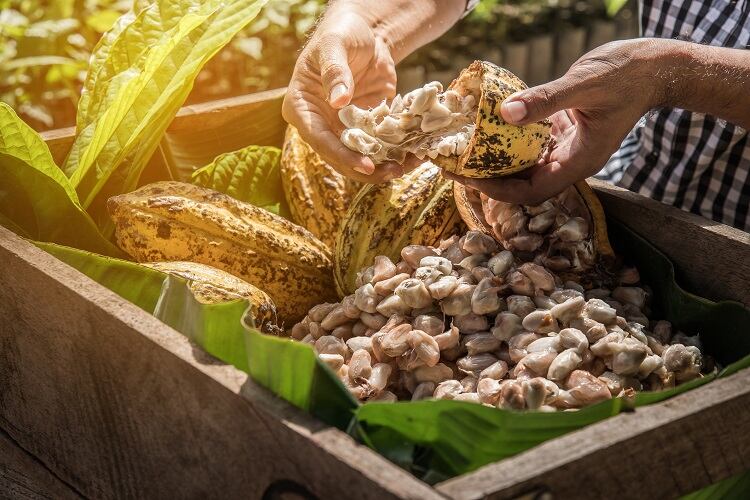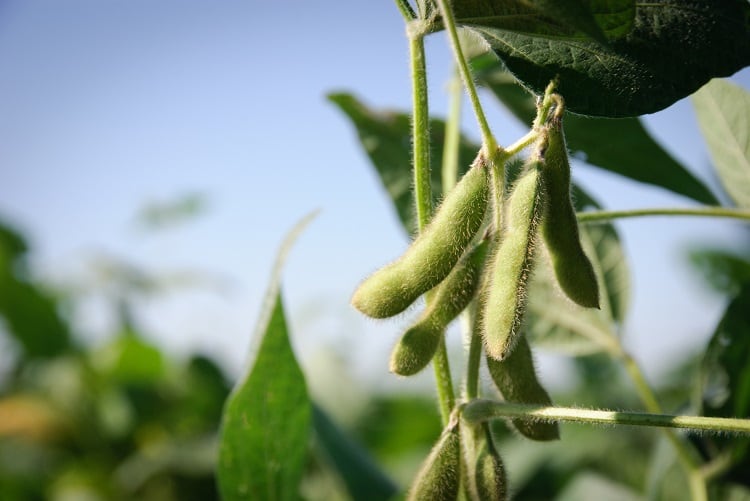Environmental concerns have been propelled into the mainstream. As the world is battered by increasingly commonplace extreme weather events, droughts and flooding, climate change and the move towards a net-zero future has become an important objective for policymakers, businesses and consumers alike.
One aspect of environmental protection, however, currently receives less attention: biodiversity loss.
We are on the cusp of a sixth mass extinction. Human activity has caused the loss of 83% of wild animals and half of all plants. Biodiversity is declining faster than at any other point in human history. And the problem is accelerating.
By 2030, urban areas are expected to cover three times as much land as they did in the year 2000, with much expansion taking place in key biodiversity hotspots in Latin America and Asia.
Food production is also an important contributing factor. The conversion of natural areas to industrialised agriculture, with a focus on monocultures and reliance on chemical pesticides and fertilisers, is having a devastating impact on biodiversity.
It is estimated that already over one-third of the planet’s ice-free land surface is dedicated to food production. Indeed, the last 300 years have seen approximately 50% of natural grasslands and one-third of natural forests converted for food production. This figure is expected to increase as the food system attempts to lift production to meet the needs of the growing global population, forecast to reach 9.7bn people by 2050.
But while food production is having a negative impact on biodiversity, the sustainability of the food system actually hinges on it. Agriculture is reliant on biodiversity to create and maintains healthy soils. Biodiversity loss is undermining the resilience of agricultural systems against pathogens, climate change and extreme weather events. The loss of pollinators threatens the production of agricultural commodities that depend on them.
“Biodiversity loss is an existential threat on the same level as the climate crisis. The very resilience of our economic endeavours now and in the future will depend on whether humans overcome these crises,” Rik Kutsch Lojenga, Executive Director of the Union for Ethical BioTrade (UEBT) told FoodNavigator.
There is also a human cost: “The loss of biodiversity has devastating effects on local and indigenous communities around the world who depend on it for their livelihoods. Biodiversity is necessary for all life on Earth to survive.”
A ‘huge shift’ in awareness
Lojenga has observed a ‘huge shift’ in industry awareness around biodiversity. “We are seeing a shift in number of concrete plans and policies for access and benefit sharing in the innovation of raw materials from biodiversity; a shift in awareness of ethical sourcing systems that respect biodiversity; and a shift in awareness of concrete biodiversity actions companies can take.”
He believes this change is being driven by necessity: “It is likely that only those businesses sourcing from biodiversity that are able to mitigate biodiversity loss and contribute to the regeneration of biodiversity in their innovation and sourcing of ingredients from nature, will be operating in the future.”
Consumers also expect the food sector to act. According to the 2018 edition of the UEBT consumer survey, 79% of people believe that ‘companies have a moral obligation’ to have a positive impact on people and biodiversity in their sourcing of natural ingredients, but only 37% felt ‘confident that companies pay serious attention’ to these issues.
UEBT, which was founded in 2007, reported an important milestone last month. The organisation offers certification of sourcing practices that protect biodiversity. UEBT revealed Native Organic Products has become the first food company to earn certification for how it sources ingredients. Native Organic joins the likes of cosmetics groups Natura and Weleda, who where the first companies to obtain certification.
“Gaining UEBT certification was an important step for us at Native because we implemented clear actions to support our commitment to ethical sourcing,” explained Leontino Balbo Jr., Executive Vice-President at Native.
“We have made improvements and taken actions that benefit local communities and the biodiversity we depend on. This partnership with the international organisation UEBT and achieving certification for our ethical sourcing systems, has supported us to be more specific and detailed in the actions we take for people and biodiversity,” he added.
Some of the practices the UEBT standard requires include efforts to reduce biodiversity loss, such as restrictions on forest clearing for cultivation or collection activities, protection of endangered species, and strict rules around the use of agrochemicals. The scheme also promotes practices that regenerate biodiversity, such as flower strips, hedges, projects to protect pollinators, organic practices, and other contributions to natural ecosystems.
“UEBT has always required its members to go beyond establishing sourcing systems and commitments to improve practices, and to engage on the ground to have an impact. This takes several forms and can be impact or outcomes at the supply chain level, through integrating supply chains or through supply chain partnerships,” Lojenga elaborated.
This can include establishing long-term partnerships, ensuring equitable prices that reflect higher production costs, work on wages and working conditions, or the establishment of local infrastructure such as medical services and schools.
Lojenga revealed UEBT is working with other companies in their journeys towards supporting biodiversity. “Several companies are working with us on ethical sourcing system certification across the cosmetics, food and pharma sectors.”




